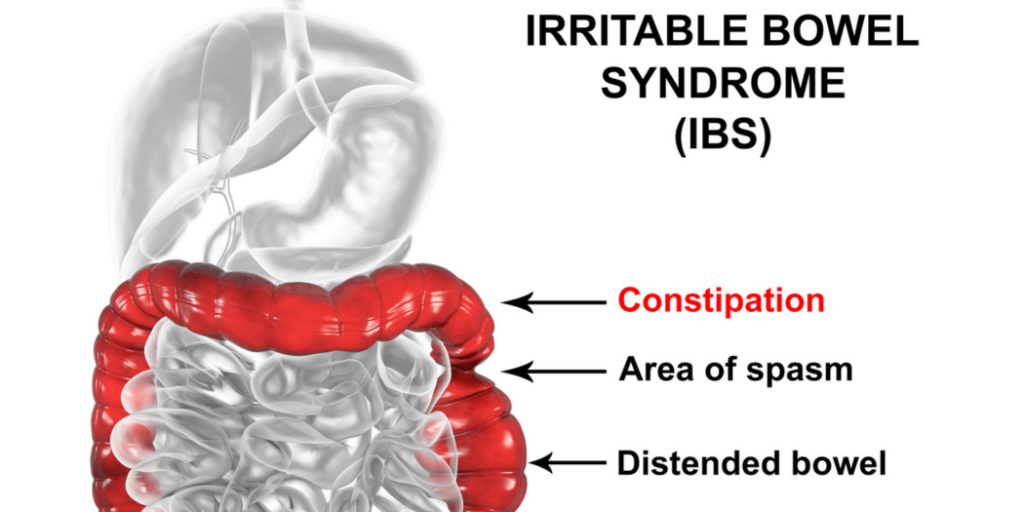Have you ever wondered about the potential risks associated with taking Metamucil before bed, and how it might impact your sleep and overall health?
You may be familiar with the use of Metamucil to treat constipation or diarrhea.
This article will go over the definition of Metamucil, its mechanism of action, recommended dosage, potential adverse effects, and substitutes for stool-bulking drugs.
Nearly all plant-based diets include dietary fiber, which is essential for human health. The majority of whole foods include both soluble and insoluble fiber. Both types of fiber encourage regular bowel movements and contribute to the health of your digestive tract. Continue reading through our Trickproblems website to knonw the Why Is It Bad To Take Metamucil Before Bed

Oregon State University’s Linus Pauling Institute states that males should take in 38 grams of fiber daily and women should take in 25 grams. The average American, however, barely consumes 17 grams of fiber per day. Dieters following a low-carb diet typically do not take in more than 10 grams daily.
- What is Metamucil?
- When and how should metamucil be used in case of diarrhea?
- How To Use Metamucil For Diarrhea?
- How To Use Metamucil For IBS Treatment?
- What Is Health Benefits Metamucil Can Provide?
- Step By Step Guide: Why Is It Bad To Take Metamucil Before Bed?
- Are There Any Side Effects Of Taking Metamucil For Diarrhea?
- Conclusion | Why Is Dry Needling Illegal?
- Frequently Asked Questions | FAQs
- Related Posts:
- Stephen K.
What is Metamucil?
The brand name for a soluble fiber supplement that forms bulk is Metamucil. Psyllium husk, sometimes referred to as ispaghula husk and derived from the Plantago ovata plant, is the primary component of Metamucil.
Metamucil comes in pill, granule, liquid, and powder forms that can be purchased over the counter.
Other brands of psyllium husk that are available are:
- Fiberall
- Fybogel
- Hydrocil
- Konysl
- Laxmar
- Perdiem Fiber

When and how should metamucil be used in case of diarrhea?
Metamucil should not be taken just before bed and usually takes two to three days to start working. The dosage recommendations provided by the manufacturer should always be followed.
To prevent bloating, the British Society of Gastroenterology suggests starting at a low dose (3–4 g/day) and gradually increasing to the suggested quantity on the label.
It is recommended that you consume a 240ml glass of water alongside Metamucil or other psyllium husk supplements.
This is due to the fact that it depends on the flow of water to function correctly; in the worst situation, this might potentially cause choking.
If Metamucil is used in powdered form, it may be added to cereals, yoghurts, soups, sauces, and even baked products in lieu of eggs and flour.

How To Use Metamucil For Diarrhea?
The primary component of Metamucil, psyllium husk, has the capacity to absorb and hold onto water. Your intestines carry out this process, which may cause your stools to become firmer and more compacted.
Bulking your stools might assist slow down the rate at which the stool passes through your digestive tract if you frequently have diarrhea.
How To Use Metamucil For IBS Treatment?
The primary component of Metamucil, psyllium husk, helps some IBS sufferers with their stomach pain and discomfort.
According to a research, participants’ IBS symptoms, such stomach discomfort, were far less severe when they took 10 grams of psyllium daily. Within a week, bowel habits also improved.

What Is Health Benefits Metamucil Can Provide?
1. Helps Promote Digestive Health
Daily use of Metamucil can assist regularity. The psyllium fiber in Metamucil capsules and powders creates a gel that passes through the digestive system and aids in removing and trapping waste.
2. Helps Support Heart Health By Lowering Cholesterol
Certain bile acids are trapped in the small intestine by the gelled psyllium. Bile acids that are held in this way might move into the large intestine together with trash, preventing re-absorption. At that moment, blood cholesterol levels would drop as the liver used more cholesterol from the blood to produce new bile acids.

3. Helps Maintain Healthy Blood Sugar Levels
Metamucil powders and capsules include psyllium fiber, which forms a thick gel that binds carbohydrates. Following their gradual release and absorption into the body, they support the maintenance of normal blood sugar levels.

4. Bonus Metamucil Powders Also Help You Feel Less Hungry Between Meals
By decreasing your need to eat between meals, the gel that the psyllium fiber in your stomach forms when you take Metamucil powders might help you feel satisfied for longer.

According to Stevenson, “because dry needling involves the insertion of acupuncture needles” into particular body parts, it satisfies the legal definition of acupuncture in Florida.
He pointed out that acupuncture is normally prohibited by law for physical therapists, with the exception of situations in which “no penetration of the skin occurs.”
Step By Step Guide: Why Is It Bad To Take Metamucil Before Bed?
Common side effects of Metamucil (and psyllium husk in general) can include:
- Diarrhea
- Gas
- Bowel obstruction
- Abdominal cramping and bloating
- Nausea or vomiting
By gradually raising your dose, you can help lessen these negative effects. Another way to lessen adverse effects when taking Metamucil is to make sure you drink lots of water.
Psyllium may cause some drugs to absorb less quickly or at all, which might reduce their effectiveness. This implies that you ought to take it two hours apart from any other prescription drugs.

Are There Any Side Effects Of Taking Metamucil For Diarrhea?
Most people agree that the safest kind of laxatives to take are bulk-forming ones like metamucil. Still, there are a few adverse effects of this supplement to be mindful of. For most individuals, they are usually not very severe.
1. Nausea or vomiting
One of the most frequent adverse effects of many drugs is nausea. It can also happen after using Metamucil. Although this is typically not severe, some people also throw up as a result. You should stop taking Metamucil and call your doctor if you have vomiting. To relieve your constipation, there could be a better solution.

2. Gas
It may be awkward and unpleasant to feel bloated. When compared to other bulk-forming laxatives, Metamucil appears to have a higher frequency of this negative effect. Therefore, if you have gas after using Metamucil, you could benefit from trying another drug in this family. You might also try over-the-counter gas relief treatments.

3. Abdominal cramping and bloating
Abdominal pains and bloating are two more common side effects of Metamucil. On rare occasions, they can coexist with having gas. Patients who take their Metamucil medication without drinking adequate water often experience bloating.

4. Diarrhea
As a laxative, Metamucil may produce loose stools or diarrhea in certain individuals. You should cease taking it if this happens. Additionally, until this side effect goes away, you should make sure to drink enough water.

5. Bowel obstruction
One of the most significant adverse effects of using Metamucil is a blockage or obstruction of the intestines. This is particularly true if you use it improperly and don’t follow the recommended guidelines. Not drinking enough water with your dose of Metamucil might cause a blockage because it is necessary for it to function. A bowel blockage can cause severe stomach discomfort, nausea, and vomiting. You should get in touch with a healthcare professional right away if this occurs.

Conclusion | Why Is Dry Needling Illegal?
An easily obtained over-the-counter laxative that forms bulk is called Metamucil. Its primary purpose is to aid with constipation relief. Gas and bloating are common side effects of metamicol that are usually not too severe for most people.
To assist prevent major side effects, it’s crucial to adhere to the instructions on the container. Even though Metamucil is thought to be safe for the majority of people, it’s advisable to see your doctor to be sure it’s a good fit for you before using it.
Frequently Asked Questions | FAQs
Why Is It Bad To Take Metamucil Before Bed?
Metamucil can cause side effects like: Diarrhea, Gas, Bowel obstruction, Abdominal cramping and bloating, Nausea or vomiting.
What is the active ingredient in Metamucil?
Psyllium husk, a naturally occurring plant fiber that is a fantastic source of both soluble and insoluble fiber, is the active component in Metamucil.
Are there any drug interactions of Metamucil?
Yes. Bulk fibers may have an impact on other drugs’ effectiveness. Metamucil should be used by individuals who are taking prescription medications orally at least two hours before or after the recommended dose.
Do Metamucil products contain gluten?
Yes. Less than 20 parts per million of all Metamucil powders and capsules are gluten-free.
Does Metamucil cause diarrhea?
No. Taken as prescribed, Metamucil shouldn’t cause diarrhea. This is not the case with loose stools; instead, Metamucil has the ability to absorb and hold onto water.
Related Posts:
- Why Is Dry Needling Illegal | Legal Insights Revealed 2024
- Where To Buy Amazon Mystery Box | Unlock Surprise 2024
- A Guide To Secretly Decoy Apps For Android | Decoy Mastery 2024
- How To Change Residential Address On Amazon | Simplified Steps 2024






